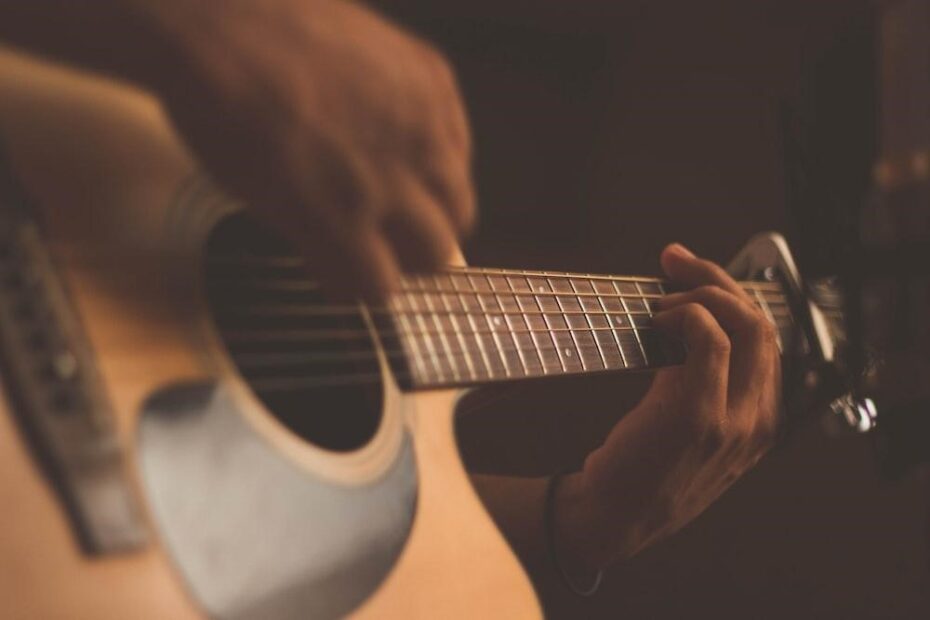From relieving stress to improving motor skills, learning a musical instrument can do us a world of good. It can even make our brains bigger, stronger, and better-connected: according to a Harvard University study conducted in 2003, brains of musicians contain more gray matter compared to those of non-musicians.
So, while learning a musical instrument may be good for us, it is also incredibly hard, right? WRONG. In fact, there are numerous easy-to-learn instruments, and this blog will discuss a few that you can learn at home.
Top Musical Instruments You Can Learn at Home
1) Keyboard
Keyboard, AKA the electronic piano, is an extremely versatile and low-maintenance musical instrument. These keyboards can recreate a wide variety of synthesizer tones and instrument sounds without requiring complex sound synthesis. The key difference between a keyboard and a conventional piano is that the former produces sound through electricity and is also more portable.
An electronic keyboard is ideal for beginners, home-users, and other non-professionals. At the same time, learning to play an electronic keyboard is associated with the same benefits as learning the piano: alongside boosting your focus, memory, and concentration, it will also help improve your fine motor skills.
2) Recorder
If you are looking to start with a wind instrument, look no further than the recorder. Recorders have quite an interesting history: their production was halted for several centuries and was only resumed in the bygone one. Like keyboards, recorders are also very versatile and can be played by everyone, ranging from the beginner to the conservatory-trained musician.
Playing a recorder can help you coordinate your breath, tongue, and fingers, simultaneously, which helps improve fine motor coordination skills.
3) Drums
Drums are percussion instruments (played by striking with a stick/beater or hand) and are amongst the oldest musical tools. As mentioned, drums can either be played with beaters (such as wire brushes or wooden sticks) or with bare hands. You can find both tunable and non-tunable drums. The head (a stretched membrane) covers either one or both ends of a hollow body known as the shell. The vibration of the head is what produces the sound of the drum.
Playing the drum requires you to break complicated tasks into easier, more manageable ones. It also requires coordination and timing, both of which compel you to stay in the present moment. Unsurprisingly, then, playing the drum has been linked to reduction in stress, frustration, disappointment, and anger.
4) Guitar
The guitar is an excellent instrument to learn because it offers a different kind of musical notation. Interpreting the guitar tablature requires us to exercise our reasoning brain and translate written instructions into actual movements.
If you are only just starting off with a guitar, you may want to choose one with nylon strings since they are gentler on the fingers.
It is quite easy to get the hang of strumming and chords and, once you are comfortable with a couple, it will not take long for you to be able to play an entire song.
Wrapping Up
Regardless of the musical journey you choose to go on, it is important to make it a fun-filled one.
You are likely to make the most of experiences that you enjoy, and you will engage most with the kind of learning that gives you a sense of satisfaction and self-fulfillment.

Eric Dalius is The Executive Chairman of MuzicSwipe, a music and content discovery platform designed to maximize artist discovery and optimize fan relationships. Outside of MuzicSwipe, he hosts the weekly podcast “FULLSPEED,” which highlights conversations with accomplished entrepreneurs. Eric is also committed to supporting education through the “Eric Dalius Foundation,” offering four scholarships to US students. Keep up with Eric on Twitter,YouTube, Facebook, LinkedIn, Instagram, and Entrepreneur.com.

